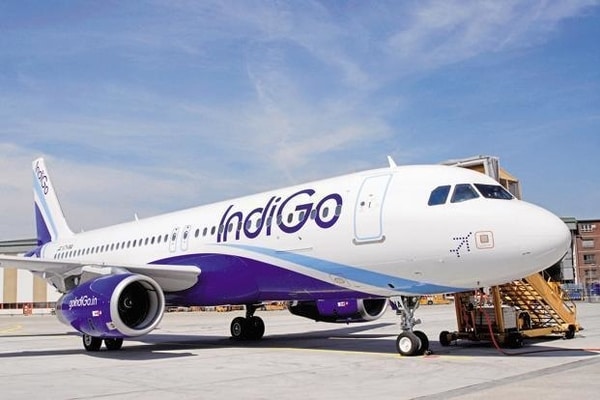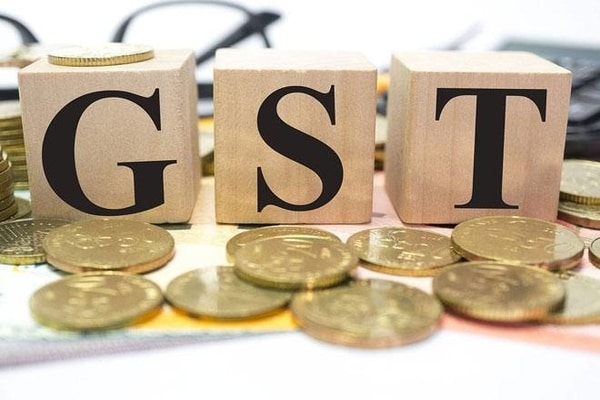The Central Board of Indirect Taxes and Customs (CBIC) has announced a 30 day grace period for those businesses which are not yet ready for GST e-invoicing which comes into effect from Thursday, October 1.
Unlock 5: International Air Travel, Except Those Permitted by MHA, to Remain Shut Till Oct 31
In a notification on Wednesday evening, CBIC noted that even after more than nine months of the first notification in this regard, some of these taxpayers having an aggregate turnover of Rs 500 crore and above are still not ready.
Unlock 5.0: Cinema halls, multiplexes to open with 50% capacity from October 15, states to decide on schools
“Accordingly, as the last chance, in the initial phase of implementation of GST e-invoice, it has been decided that the invoices issued by such taxpayers during October 2020 without following the manner prescribed under rule 48(4), shall be deemed to be valid and the penalty leviable under section 122of the CGST Act, 2017, for such non-adherence to provisions, shall stand waived if the Invoice Reference Number (IRN) for such invoices is obtained from the Invoice Reference Portal (IRP) within 30 days of the date of invoice,” it said.
The Central Board of Indirect Taxes and Customs (CBIC) said in a statement that the announcement of this compliance requirement was first made last December and was to be effective from April but was extended to 1 October keeping in mind the hardships faced by businesses. Despite this long notice, some businesses are reportedly still not ready, the tax authority noted. They are now given a chance to ward of penalty if they comply within 30 days.
Abhishek Jain, Tax Partner, EY explains that this relaxation provides relief for businesses and is a win-win for the Government and businesses with neither the implementation/anti-evasion objective being deferred nor businesses facing the penalties of non-compliance.
Elucidating the relaxation, the notification said: “In case a registered person has issued an invoice dated 3rd October 2020 without obtaining IRNA but reports the details of such invoice to IRP and obtains the IRN of the invoice on or before 2nd November 2020 then it shall be deemed that the provisions of rule 48 (5) of the CGST Rules, 2017 are complied with and the penalty imposable under section 122 of the CGST Act, 2017 shall also stand waived.”
It further said that no such relaxation would be available for the invoices issued from November 1, 2020, and such invoices issued in violation of rule 48(4) of the CGST Rules 2017 would not be valid and all the applicable provisions of the CGST Act and Rules would apply for the said violation.
The government had in December 2019 prescribed that the GST Taxpayers having aggregate annual turnover more than Rs 100 crores in any preceding Financial Year will be required to issue e-invoice for all the Business to Business (B2B) supplies, in the manner prescribed under rule 48(4) of the CGST Rules, 2017 with effect from April 1, 2020.
Further, it was also mandated under rule 48(5) of the CGST Rules, 2017 that a B2B invoice or an export invoice issued by such a taxpayer, in any other manner, shall not be treated as an invoice. In March 2020, the date of implementation of e-invoice was extended to October 1, 2020.
Keeping in view the hardships faced by the taxpayers due to COVID-19 lockdown, in July 2020, it was further prescribed that the taxpayers having an aggregate turnover of Rs 500 crore and above only would be required to issue e-invoice with effect from October 1, 2020.











